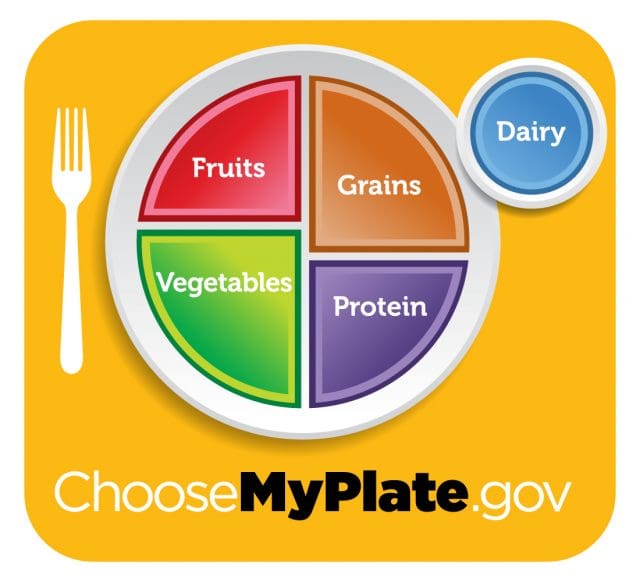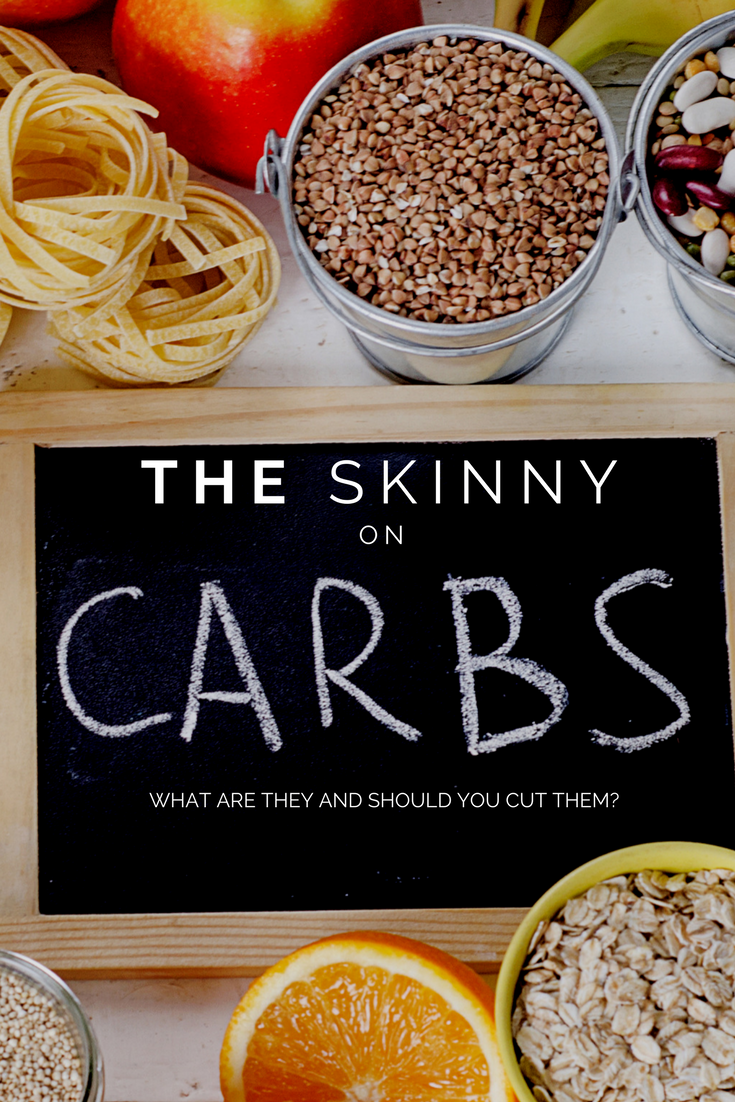Carbohydrates… Do we need them?
A quick google search of carbohydrates or “carbs” and you are likely confused about whether or not you should be consuming them. Several popular diets claim that carbohydrates are bad for your health and are associated with weight gain. However science and evidence-based research show us that carbohydrates are needed for your body to function. Not all carbs are created equal though. Learn about why some carbohydrates are better than others when it comes to your health.
Do we need carbs?
? YES! Carbohydrates are an important energy source for our bodies! Carbohydrates provide the body with glucose, which is converted to energy and is used to support our bodies and fuel physical activity. Our red blood cells, brain and nerve cells primarily rely on glucose. This is why you get tired, irritable and shaky when you haven’t eaten any carbohydrates for a prolonged period.
What is a Carbohydrate?
Carbohydrate literally means “hydrated carbon” and the chemical abbreviation is CHO which means it contains carbon, hydrogen and oxygen. Carbohydrates are one of three macronutrients that provide our bodies with energy (calories); the others are fat and protein. Plants make the most abundant form of carbohydrate, called glucose, through photosynthesis. Naturally occurring carbohydrates found in plant-based foods include, fruits, vegetables, milk, nuts, grains, seeds and legumes. Food manufacturers also add carbohydrates, such as starch and added sugars, to processed foods and beverages.
Not all Carbohydrates are Created Equal!
Carbohydrates are classified as either simple or complex, and both can be part of a healthy diet.
Simple Carbs
Simple carbohydrates are commonly referred to as “sugars” and are naturally found in fruits, vegetables, milk and honey. In many processed foods, you will see simple carbohydrates in the form of high-fructose corn syrup and different types of sugars such as brown, powdered and table sugar. It is recommended to the get the majority of simple “carbs” from natural foods like fruits, vegetables and milk because they contain other important nutrients (vitamins, minerals, calcium) that support a healthy diet.
Complex Carbs
Complex carbohydrates include starch and fiber. Excellent food sources of starch include grains (wheat, rice, oats and barley), legumes (peas, beans and lentils) and vegetables such as potatoes and yams. The 2015-2020 Dietary Guidelines for Americans emphasizes eating fiber-rich carbohydrates, such as fruits, vegetables and whole grains. Eating fiber-rich carbohydrates has been shown to reduce the overall risk for obesity, cardiovascular disease and diabetes. It is important to note that not all complex carbohydrates are fiber-rich. For instance, refined grains have been processed and, as a result, have lost some of their nutrients and fiber, so selecting whole-grains at least half the time will help contribute to a balanced diet.

Remember, all types of carbohydrates can be included in a healthful diet. However some, such as added sugars, should be consumed less often than others.
How many carbs should we eat?
Carbohydrates should make up to 45% – 65% of our total energy intake. So, if you consume 2,000 calories in a day, 900-1,240 calories should come from carbohydrates. Since 1 gram of carbohydrate = 4 calories, this translates into 225-310 grams of carbohydrate per day. Total carbohydrates can be found on the nutrition facts label of processed food, but eating foods such as fruits and vegetables in their whole form will not provide you with a nutrition facts label. This can be confusing to track, so I would suggest using ChooseMyPlate as your guide. MyPlate is based on the Dietary Guidelines for Americans and illustrates the five food groups that are the building blocks for a healthy diet!
Caprese Pasta Salad Recipe
Try this Caprese Pasta Salad, made with whole-wheat pasta a healthy source of complex carbohydrates that will help keep you full longer. One serving provide 31 grams of carbohydrate and 4 grams of fiber!

— Contributed by Jill Ladd, MPH, RD, LD
